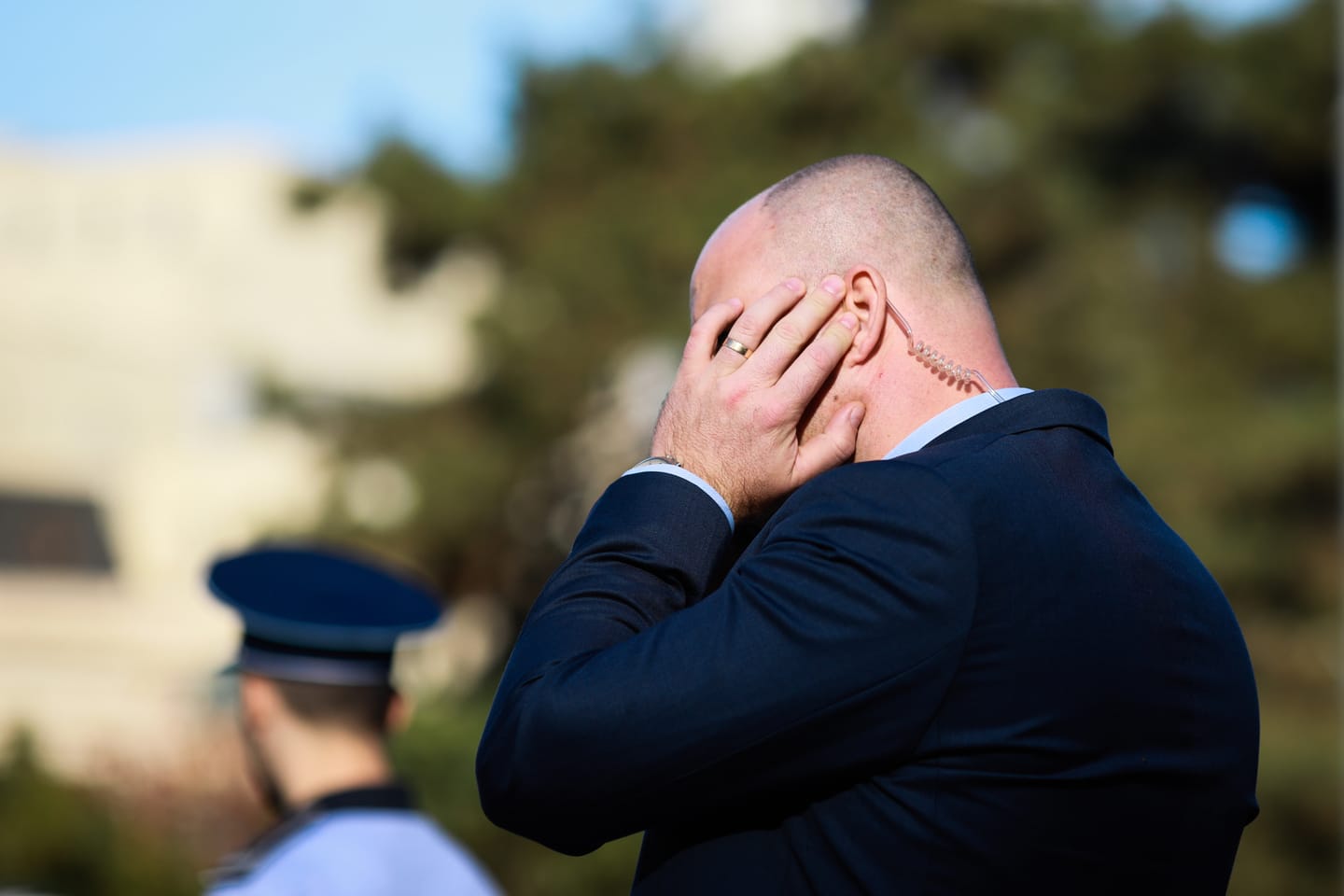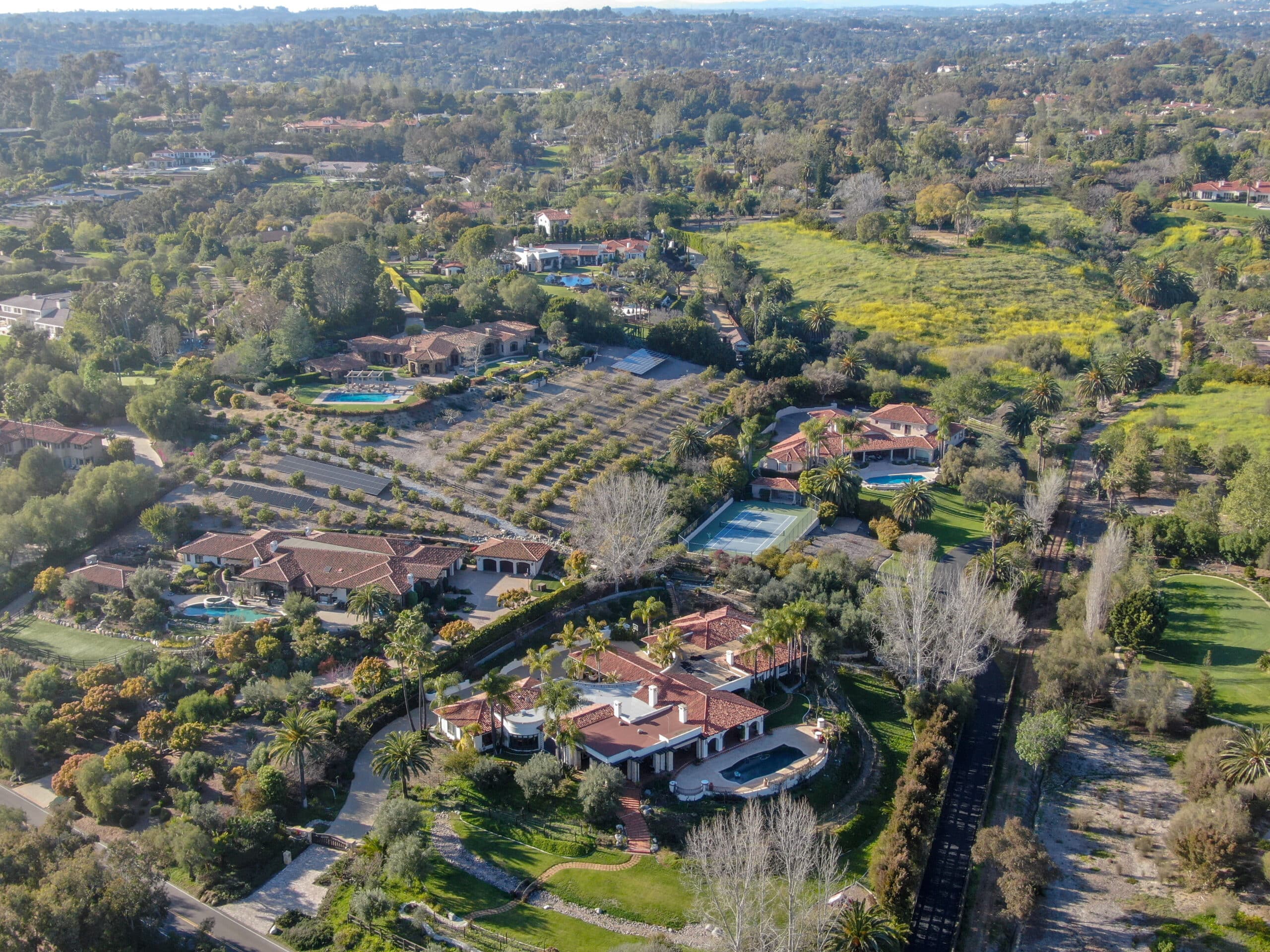Estimated reading time: 11 minutes
Employing bodyguards is critical to personal security, especially for individuals exposed to heightened risk levels. This article delves into the intricate legal and regulatory framework governing the hiring of bodyguards. It’s imperative for employers, whether they are high-profile individuals, corporate entities, or private families, to comprehend the legalities and adhere to the regulatory standards to ensure lawful protection. This comprehensive guide illuminates the nuances of this process, covering essential aspects such as licensing requirements, background checks, liability issues, and compliance with local laws.
Table of contents
- Licensing Requirements for Bodyguards
- Background Checks and Vetting Procedures
- Liability and Insurance Considerations
- Compliance with Local and International Laws
- Ethical Considerations in Bodyguard Employment
- Advanced Training and Skill Development for Bodyguards
- Integration of Technology in Bodyguard Services
- Conclusion
Licensing Requirements for Bodyguards
Understanding the Licensing Landscape
The licensing of bodyguards is a paramount aspect that varies significantly across jurisdictions. In many regions, bodyguards, often called close protection officers, must hold specific licenses that authorize them to operate legally. Governmental regulatory bodies typically issue these licenses and necessitate the fulfillment of various criteria. These criteria may include age restrictions, a clean criminal record, and the successful completion of specialized training programs. The training programs are designed to equip bodyguards with the necessary skills for threat assessment, physical protection, and, sometimes, the use of firearms. Employers must ensure that their prospective bodyguards hold valid licenses in their jurisdiction.
The Process of Obtaining a Bodyguard License
Obtaining a license to work as a bodyguard involves a rigorous process that underscores the seriousness of the role. The process generally commences with a comprehensive background check to verify the applicant’s criminal history and overall suitability for the role. Following this, candidates often undergo a series of training courses. These courses cover various aspects of personal protection, including physical fitness, first aid, crisis management, and sometimes specialized driving skills. In jurisdictions where bodyguards are permitted to carry firearms, additional training in handling and safety is mandatory. Upon completing these requirements, applicants must typically pass a licensing exam that tests their knowledge and skills in personal security.
Renewal and Continuous Education Requirements
Once a bodyguard acquires their license, their operating ability is not guaranteed indefinitely. Most licenses have a set validity period, after which renewal is required. The renewal process often necessitates proof of continuous professional development. It may require refresher courses or updated certifications, especially in rapidly evolving areas like technology-based security systems or emergency medical response. This ensures that bodyguards remain abreast of the latest security strategies and technologies, thus maintaining a high protection standard for their clients. For employers, understanding the renewal requirements of their bodyguard’s license is critical in ensuring ongoing compliance and optimal protection.
Background Checks and Vetting Procedures
Importance of Comprehensive Background Checks
Background checks are a fundamental element in the hiring process of bodyguards. These checks delve into candidates’ history, revealing crucial information about their past behavior, character, and professional conduct. A thorough background check can uncover criminal records, financial history, one-time employment verification, and social media behavior. The importance of these checks cannot be overstated, as they help assess the trustworthiness and reliability of the bodyguard. Ensuring these checks are comprehensively conducted for individuals or entities hiring bodyguards is crucial in mitigating risks and safeguarding against potential future liabilities or misconduct.
Vetting Process: Beyond the Basics
While basic background checks are essential, a more in-depth vetting process provides an additional layer of security. This extended vetting might include interviews with former employers, character references, and psychological evaluations. Such in-depth analysis helps understand the candidate’s temperament, integrity, and suitability for high-pressure situations typically encountered in bodyguard roles. This level of vetting is invaluable for high-profile clients or those with specific security concerns. It ensures that the bodyguard has a clean legal background and possesses the mental fortitude and ethical standing necessary for the role.
Legal Considerations in Background Checks
When conducting background checks, navigating the legal landscape carefully is critical. Laws regarding what can and cannot be included in a background check vary widely by country and sometimes even within regions in a country. For instance, in some jurisdictions, there might be limitations on how far back one can probe into a candidate’s criminal history or restrictions on accessing certain personal information. Furthermore, there are often legal requirements regarding the candidate’s consent to such checks and how the information obtained can be used. Employers must be acutely aware of these legal boundaries to avoid potential lawsuits or violations of privacy laws.
Liability and Insurance Considerations

Understanding Employer Liability
When hiring a bodyguard, it’s crucial to recognize the legal liabilities of such a decision. Employers of bodyguards can be held responsible for the actions of their security personnel under certain circumstances. This is particularly true in cases where the bodyguard’s actions lead to injury or property damage. It is essential to understand the scope of vicarious liability, where an employer is held liable for their employees’ actions during their employment. Employers must establish clear operational guidelines and protocols for their bodyguards to mitigate potential liabilities. These guidelines should outline permissible actions, use of force policies, and emergency procedures.
Insurance Policies for Bodyguards
Insurance plays a pivotal role in the realm of private security. Employers should ensure that their bodyguards are adequately insured, whether hired directly or through a security firm. This includes but is not limited to, general liability insurance, which covers bodily injury and property damage, and professional liability insurance, which covers errors and omissions in the bodyguard’s work. In cases where bodyguards are armed, additional insurance covering firearms is advisable. Insurance protects the bodyguard in the event of an incident and provides a safety net for the employer against potential financial losses.
Indemnification Agreements and Contracts
Indemnification agreements are critical to the contractual relationship between the employer, the bodyguard, or the security service provider in private security. These agreements typically stipulate that the bodyguard or the security firm will compensate the employer for any losses or damages resulting from the bodyguard’s negligence or misconduct. Drafting comprehensive contracts that delineate the scope of work, expectations, and responsibilities of both parties is essential. Legal professionals should prepare or review such agreements to ensure they are enforceable and compliant with relevant laws and regulations. This provides legal clarity and establishes a professional framework for the relationship.
Compliance with Local and International Laws
Navigating Local Legal Requirements
Compliance with local laws is paramount in the employment of bodyguards. The legal landscape governing private security services can vary significantly from one region to another. Local laws may dictate specific requirements regarding the licensing of bodyguards, permissible equipment, and the use of force. In some jurisdictions, there might be additional mandates concerning training standards, background checks, or even the type of uniform and identification that must be worn. Employers must ensure that their security personnel and operations strictly adhere to these local regulations to avoid legal repercussions and provide practical, lawful protection.
Understanding International Security Law
Understanding and complying with international security laws is crucial for employers who travel internationally or hire bodyguards for international assignments. This includes navigating the complexities of carrying weapons across borders, understanding the legal status of foreign security personnel, and adhering to international protocols and treaties. Differences in legal systems and the need for a uniform global standard for private security can pose significant challenges. Employers must ensure their security arrangements are flexible enough to adapt to these varied legal environments while providing adequate protection.
Collaboration with Law Enforcement Agencies
Collaboration and coordination with local law enforcement agencies are essential to ensuring legal compliance using bodyguards. This is particularly important when there may be a high crime risk or attending significant public events. Effective coordination helps establish clear lines of communication and operational boundaries, ensuring that the actions of the bodyguards do not inadvertently violate local laws or interfere with law enforcement activities. It also aids in gaining situational awareness and support from local authorities, which can be invaluable in emergencies or when navigating complex security scenarios.
Ethical Considerations in Bodyguard Employment
Adhering to Ethical Standards
In private security, adhering to high ethical standards is as crucial as complying with legal requirements. Ethical considerations encompass a range of practices, including respecting client confidentiality, avoiding conflicts of interest, and maintaining professionalism. Bodyguards and their employers must ensure that their actions and decisions not only abide by the law but also uphold moral principles. This includes the responsible use of force, respecting the rights and dignity of all individuals, and avoiding any form of discrimination. Maintaining ethical standards is essential for the individual’s reputation and the integrity of the private security industry.
Conflict of Interest and Client Confidentiality
Managing conflicts of interest is a critical aspect of ethical bodyguard employment. Bodyguards should avoid situations where their interests might conflict with their professional duties. This is especially important in scenarios where a bodyguard might be serving multiple clients. Additionally, maintaining client confidentiality is paramount. Bodyguards are often privy to sensitive information about their clients and must ensure that such information is kept secure and confidential. Privacy breaches can lead to legal repercussions and damage the trust between the client and the bodyguard.
Professional Conduct and Accountability
Professional conduct and accountability are critical pillars in the ethical employment of bodyguards. This includes consistent adherence to established protocols, respectful communication, and a commitment to continuous improvement and training. Bodyguards should be held accountable for their actions, and there should be clear procedures for addressing any misconduct. Employers are responsible for hiring individuals with the necessary skills and qualifications and demonstrating a commitment to ethical behavior. This creates a culture of professionalism and trust, essential in the high-stakes personal security field.
Advanced Training and Skill Development for Bodyguards
Specialized Training Programs
The efficacy of a bodyguard is mainly dependent on their training. Specialized training programs are designed to equip bodyguards with diverse skills tailored to the complexities of modern security challenges. These programs often cover advanced areas such as tactical defense, emergency medical response, evasive driving, and surveillance detection. The training also includes scenario-based exercises to prepare bodyguards for various potential threats, from physical attacks to cyber threats. Continual participation in such specialized training ensures that bodyguards remain proficient in their craft and are prepared for the evolving nature of security risks.
Importance of Continuous Skill Upgradation
In the dynamic personal security field, continuous skill upgradation is vital for bodyguards. The security landscape constantly evolves, with new threats and technologies emerging regularly. Bodyguards must stay abreast of these changes and continually refine their skills. This might involve regular refresher courses, learning new technologies or security methodologies, and staying informed about global security trends. Such continuous education enhances the bodyguard’s capabilities and reassures the clients of their commitment to providing protection.
Psychological and Emotional Preparedness
Apart from physical skills and technical knowledge, bodyguards’ psychological and emotional preparedness is equally crucial. The role of a bodyguard can be highly stressful, involving high-risk situations and the need for quick decision-making. Training programs increasingly incorporate modules on stress management, mental resilience, and emotional intelligence. This aspect of training prepares bodyguards to maintain composure in challenging situations, make sound judgments under pressure, and effectively manage interpersonal relationships with clients and the public. A bodyguard’s ability to remain mentally and emotionally stable is critical to effectiveness.
Integration of Technology in Bodyguard Services

Utilizing Modern Surveillance Tools
Integrating technology into bodyguard services has revolutionized how personal security is managed. Modern surveillance tools play a pivotal role in this integration. These tools include advanced CCTV systems, GPS tracking, and sophisticated communication devices. They allow bodyguards to monitor environments and detect potential threats more effectively. Using drones for aerial surveillance and reconnaissance in large-scale events or expansive properties has become increasingly common. This technological augmentation enhances the capability to preemptively identify risks and aids in strategically planning security measures.
Embracing Cybersecurity Measures
In an era where digital threats are as prevalent as physical ones, cybersecurity has become integral to a bodyguard’s skill set. Bodyguards must be equipped to protect their clients against digital espionage, identity theft, and other cyber threats. This involves understanding cybersecurity principles, being aware of the latest digital threats, and using secure communication channels. The bodyguard’s role may extend to overseeing the security of digital devices and networks used by the client, ensuring robust cyber defenses are in place. This holistic approach to security, encompassing physical and digital realms, is essential in providing comprehensive protection.
Advanced Security Systems and Gadgets
The use of advanced security systems and gadgets further enhances the effectiveness of bodyguard services. This includes biometric scanners for access control, electronic counter-surveillance equipment, and personal alarm systems. These high-tech tools enable bodyguards to secure environments more efficiently and respond precisely to threats. Additionally, wearable technology such as smartwatches with health monitoring capabilities can be used to keep track of the client’s well-being in real-time. Integrating such advanced equipment into the bodyguard’s arsenal underscores a proactive and modern approach to personal security.
Conclusion
In conclusion, hiring a bodyguard is a comprehensive endeavor that goes well beyond the traditional aspects of personal security. It encompasses a thorough understanding of legal and regulatory requirements, rigorous background checks, and a steadfast commitment to ethical standards. The role involves navigating the intricacies of liability, ensuring adequate insurance, and understanding the complexities of operating within international legal frameworks. Moreover, integrating cutting-edge technology and continuous professional development is essential to address the ever-evolving landscape of security challenges. Ultimately, the success of a bodyguard in providing adequate protection lies not just in their physical capabilities but equally in their professional conduct, legal compliance, and unwavering ethical integrity.












